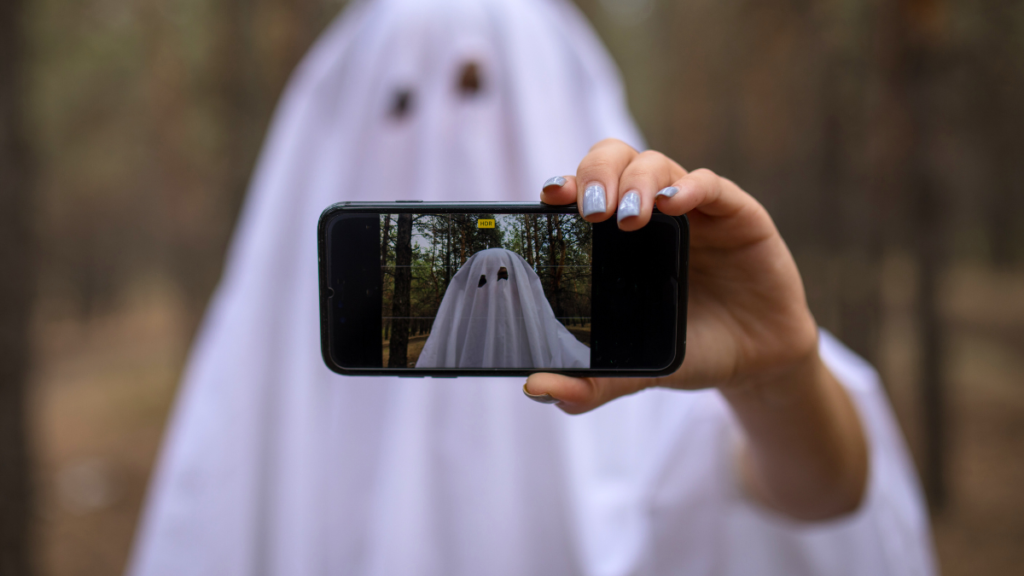In the digital age, ghosting—the act of cutting off all communication without explanation—has become a shared experience many of us know all too well. While it’s often discussed as a modern dating phenomenon, the truth is, it’s not exactly new. Before our world of texting and social media, people would simply stop answering their phones, disappearing from someone’s life without a trace. What makes today’s ghosting feel particularly haunting is the stark contrast between how quickly we can build meaningful connections and how instantly they can vanish.
The Digital Disappearing Act
In a world where relationships often bloom through apps and DMs, ghosting has become startlingly accessible. One day you’re sharing morning texts and making future plans, the next—complete silence. But what makes this modern vanishing act hurt so deeply?
The Psychological Impact of Being Left on Read
One of the most challenging aspects of being ghosted is the maddening lack of closure. Our minds are naturally wired to seek understanding when things go wrong, especially in relationships. When someone disappears without explanation, they leave us in an emotional limbo. We find ourselves retracing our steps, analyzing our last interactions, and questioning our self-worth. The mental energy spent trying to solve this mystery can be exhausting and emotionally draining.
But here’s the truth that’s often hard to accept: ghosting typically reveals more about the person doing the disappearing than the one left wondering why. It’s usually rooted in the ghoster’s own discomfort with confrontation rather than any fault of the person being ghosted. Understanding this doesn’t necessarily ease the pain, but it might help shift your perspective.
When Ghosting Becomes a Safety Net
While ghosting is frequently viewed as a cowardly escape route, it’s important to acknowledge that sometimes it serves as a necessary survival strategy. For those dealing with manipulative or controlling individuals—people who view “no” as the starting point of a negotiation rather than a final answer—ghosting can become a vital form of self-protection. In these situations, attempting to have a rational conversation or set boundaries might invite more manipulation or emotional abuse.
This duality makes ghosting neither inherently good nor bad, but rather a tool that requires careful consideration. Most relationships deserve the respect of a proper ending, but there are times when a clean break is the healthiest choice.
The Art of Conscious Communication
At its core, the ghosting phenomenon highlights our collective need for better communication skills. While disappearing might seem like the path of least resistance, open and clear communication usually prevents unnecessary pain and confusion. If you’re not interested in pursuing something further, saying so directly—though uncomfortable—is often kinder than leaving someone in perpetual uncertainty.
Before choosing to ghost, it’s worth asking yourself why you’re considering it. Are you avoiding temporary discomfort, or are you protecting yourself from a genuinely harmful situation? Understanding your motivations can help you decide whether ghosting is truly necessary or if a more direct approach would be better.
Moving Forward in a Digital World
Ghosting may be easier than ever in our connected world, but that doesn’t mean it should be our default response to relationship challenges. While it has its place as a protective measure in specific situations, most relationships—whether romantic, platonic, or professional—benefit from honest closure.
Remember: in a world where we can disappear with the click of a button, choosing to communicate with kindness and clarity becomes an even more powerful act.
